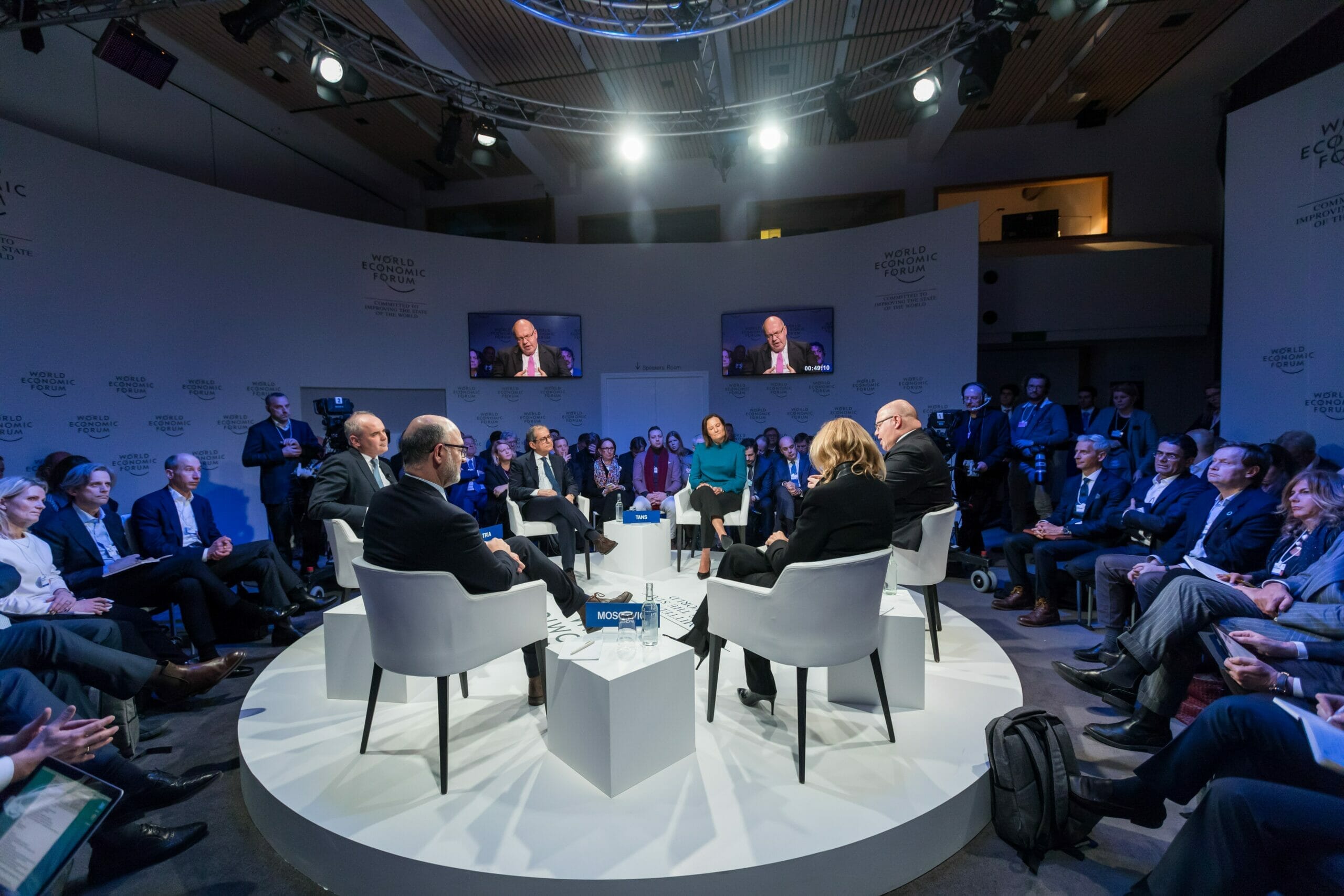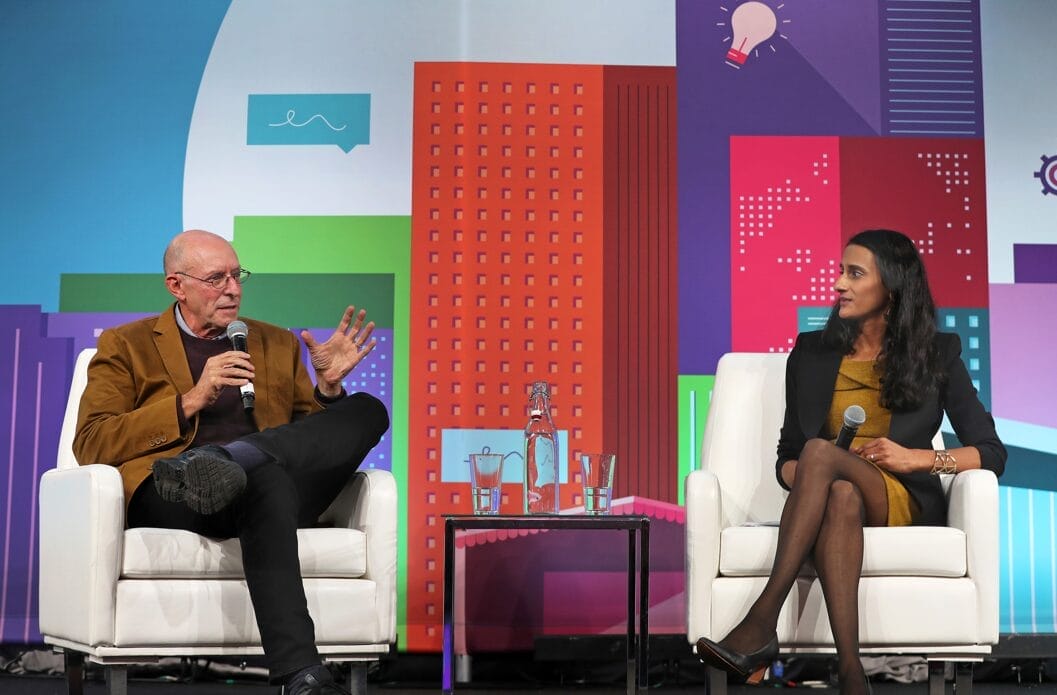
Latest News
Latest Podcast Episodes

Organizations are looking for transformative ideas now more than ever as they reframe their business models in response to societal and economic shifts. Subscribe to our News & Insights blog to stay up-to-date on the latest thinking from the global experts we represent.








